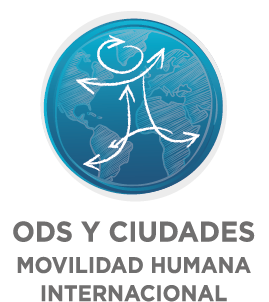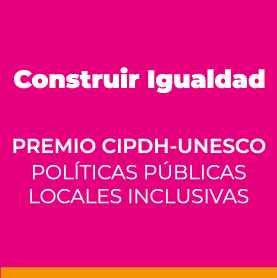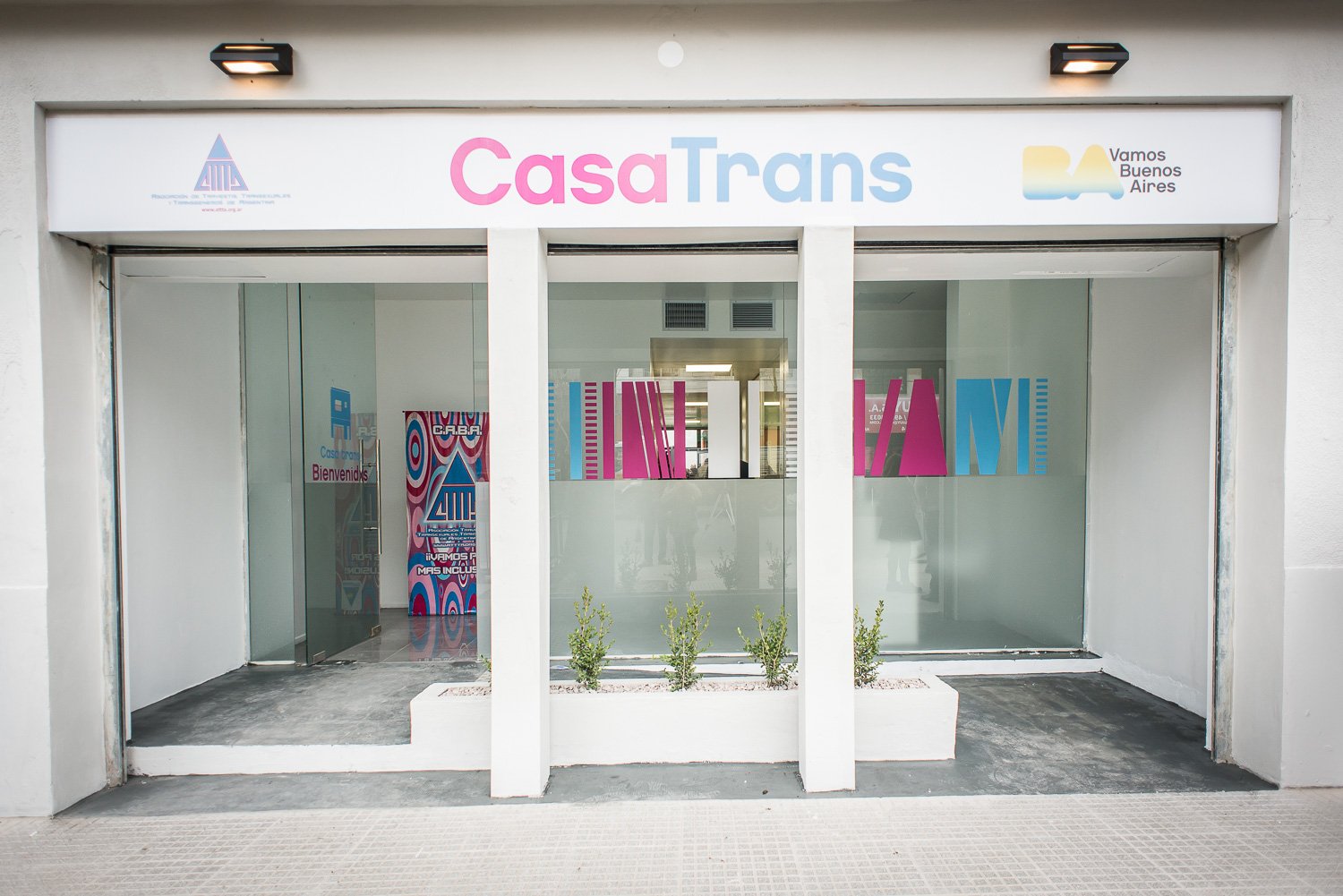
- Region
- Latin America and the Caribbean
- Range of Demographic Size
- 1,000,000 inhabitants or more (metropolis)
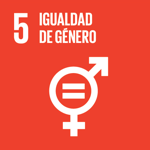
5.1 End all forms of discrimination against all women and girls everywhere in the world.
5.2 Eliminate all forms of violence against all women and girls in the public and private spheres, including trafficking and sexual and other types of exploitation.
5.3 Eliminate all harmful practices, such as child, early and forced marriage and female genital mutilation.
5.5 Ensure women’s full and effective participation and equal opportunities for leadership at all levels of decision-making in political, economic and public life.
5.6 Ensure universal access to sexual and reproductive health and reproductive rights as agreed in accordance with the Programme of Action of the International Conference on Population and Development and the Beijing Platform for Action and the outcome documents of their review conferences.
5.a Undertake reforms to give women equal rights to economic resources, as well as access to ownership and control over land and other forms of property, financial services, inheritance and natural resources, in accordance with national laws.
5.c Adopt and strengthen sound policies and enforceable legislation for the promotion of gender equality and the empowerment of all women and girls at all levels.
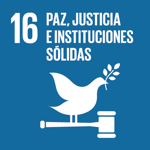
16.1 Significantly reduce all forms of violence and related death rates everywhere.
16.3 Promote the rule of law at the national and international levels and ensure equal access to justice for all.
16.7 Ensure responsive, inclusive, participatory and representative decision-making at all levels.
16.10 Ensure public access to information and protect fundamental freedoms, in accordance with national legislation and international agreements.
16.a Strengthen relevant national institutions, including through international cooperation, for building capacity at all levels, in particular in developing countries, to prevent violence and combat terrorism and crime.
16.b Promote and enforce non-discriminatory laws and policies for sustainable development.
C - Ageing, social protection and socioeconomic challenges
D - Universal access to sexual and reproductive health services
E - Gender equality
• Inter-American Convention on the Prevention, Punishment, and Eradication of Violence against Women (Convention of Belém do Pará)
Convention on the Elimination of all Forms of Discrimination Against Women (CEDAW).
Declaration on the Elimination of Violence Against Women.
Universal Declaration of Human Rights (UDHR).
International Covenant on Civil and Political Rights (ICCPR).
International Covenant on Economic, Social and Cultural Rights (ICESCR).
Additional Protocol to the American Convention on Human Rights in economic, social and cultural rights (San Salvador Protocol).
Others
Summary
Casa Trans is part of the Comprehensive Trans Plan developed by the City of Buenos Aires (CABA), aimed at creating public policies that may ensure people within this collective the full exercise of their rights and freedom under full equality conditions. Casa Trans was inaugurated in June 2017 and is a key element of the Comprehensive Trans Plan, since it is the primary place where advisory services, orientation, job training and general support are provided to the trans population. Since its opening, Casa Trans has exceedingly achieved all the assistance goals that had originally been set, thus becoming a place of reference and belonging for people within the transgender collective.
As a public policy, Casa Trans represents the first effective response to a historical demand at the local, national and regional levels, since it is the first Latin American institution established to recognize and address the particular needs of this collective, both at the structural level and regarding contents. As a result, Casa Trans is an innovative governmental initiative co-managed with this sector’s organizations and having social participation as its structural basis, thus demonstrating sustainability, efficiency and a replication potentiality in other cities of the region.
Implementation Date:
Start: 06 / 1 / 2017
End: End: Currently in force
Social/citizen participation
Advice
Financial/legal/technical assistence
Education and training
Access to justice
Building of partnerships, networks, associations and coalitions
Creation of entity/plan/programme
International cooperation
Casa Trans:
Good Practices Guide on Human Rights and Sexual Diversity at Educational Establishments:
Good Practices Guide on Human Rights and Sexual Diversity at Healthcare Facilities:
Instrumentos

5.1 End all forms of discrimination against all women and girls everywhere in the world.
5.2 Eliminate all forms of violence against all women and girls in the public and private spheres, including trafficking and sexual and other types of exploitation.
5.3 Eliminate all harmful practices, such as child, early and forced marriage and female genital mutilation.
5.5 Ensure women’s full and effective participation and equal opportunities for leadership at all levels of decision-making in political, economic and public life.
5.6 Ensure universal access to sexual and reproductive health and reproductive rights as agreed in accordance with the Programme of Action of the International Conference on Population and Development and the Beijing Platform for Action and the outcome documents of their review conferences.
5.a Undertake reforms to give women equal rights to economic resources, as well as access to ownership and control over land and other forms of property, financial services, inheritance and natural resources, in accordance with national laws.
5.c Adopt and strengthen sound policies and enforceable legislation for the promotion of gender equality and the empowerment of all women and girls at all levels.

16.1 Significantly reduce all forms of violence and related death rates everywhere.
16.3 Promote the rule of law at the national and international levels and ensure equal access to justice for all.
16.7 Ensure responsive, inclusive, participatory and representative decision-making at all levels.
16.10 Ensure public access to information and protect fundamental freedoms, in accordance with national legislation and international agreements.
16.a Strengthen relevant national institutions, including through international cooperation, for building capacity at all levels, in particular in developing countries, to prevent violence and combat terrorism and crime.
16.b Promote and enforce non-discriminatory laws and policies for sustainable development.
C - Ageing, social protection and socioeconomic challenges
D - Universal access to sexual and reproductive health services
E - Gender equality
• Inter-American Convention on the Prevention, Punishment, and Eradication of Violence against Women (Convention of Belém do Pará)
Convention on the Elimination of all Forms of Discrimination Against Women (CEDAW).
Declaration on the Elimination of Violence Against Women.
Universal Declaration of Human Rights (UDHR).
International Covenant on Civil and Political Rights (ICCPR).
International Covenant on Economic, Social and Cultural Rights (ICESCR).
Additional Protocol to the American Convention on Human Rights in economic, social and cultural rights (San Salvador Protocol).
Others
Location
- Region
- Latin America and the Caribbean
- Range of Demographic Size
- 1,000,000 inhabitants or more (metropolis)


